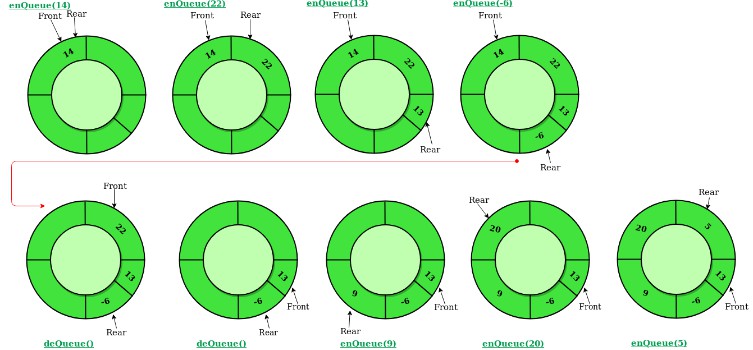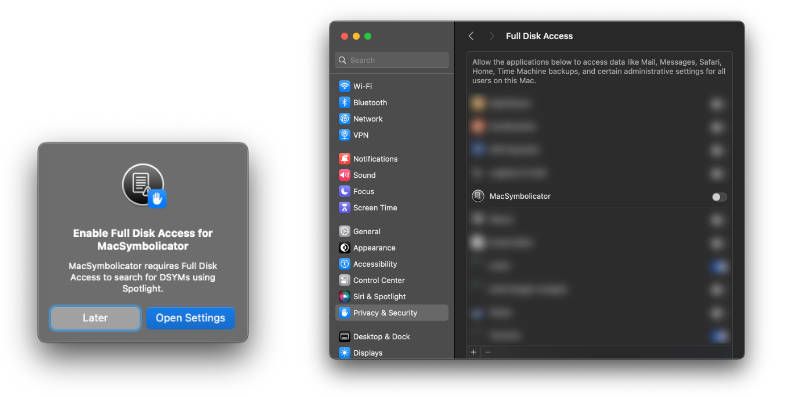SwiftHeap
When included as a framework, import it as any other framework:
import Heap
The heap is defined as a generic and initialized with a comparison
callback, like Heap<T>((T, T) -> Bool). For example, it can
operate on characters like this:
var characters = Heap<Character>(<)
characters.push("C")
characters.push("B")
characters.push("A")
println("Characters:")
for p in characters {
println(" * \(p)")
}
println()
This would print:
* A
* B
* C
A more real-world use-case would operate on structs or classes, like this:
struct Node {
let priority: Int
}
var nodes = Heap<Node>({ $0.priority < $1.priority })
nodes.push(Node(priority: 4))
nodes.push(Node(priority: 5))
nodes.push(Node(priority: 3))
nodes.push(Node(priority: 1))
println("Nodes:")
for node in nodes {
println(" * Node(priority: \(node.priority))")
}
println()
This would print:
Nodes:
* Node(priority: 1)
* Node(priority: 3)
* Node(priority: 4)
* Node(priority: 5)
Removing items
var ints = Heap<Int>(<)
ints.push(3)
ints.remove(3) // Returns 3
ints.remove(3) // Returns nil
Peaking
ints.push(5)
ints.push(4)
ints.peak // Returns 4
Inspecting the heap
ints.push(5)
ints.push(4)
ints.heap // Returns [4, 5]
Credits
This library was written by Daniel Kanaan based on an original version by Bouke Haarsma.


